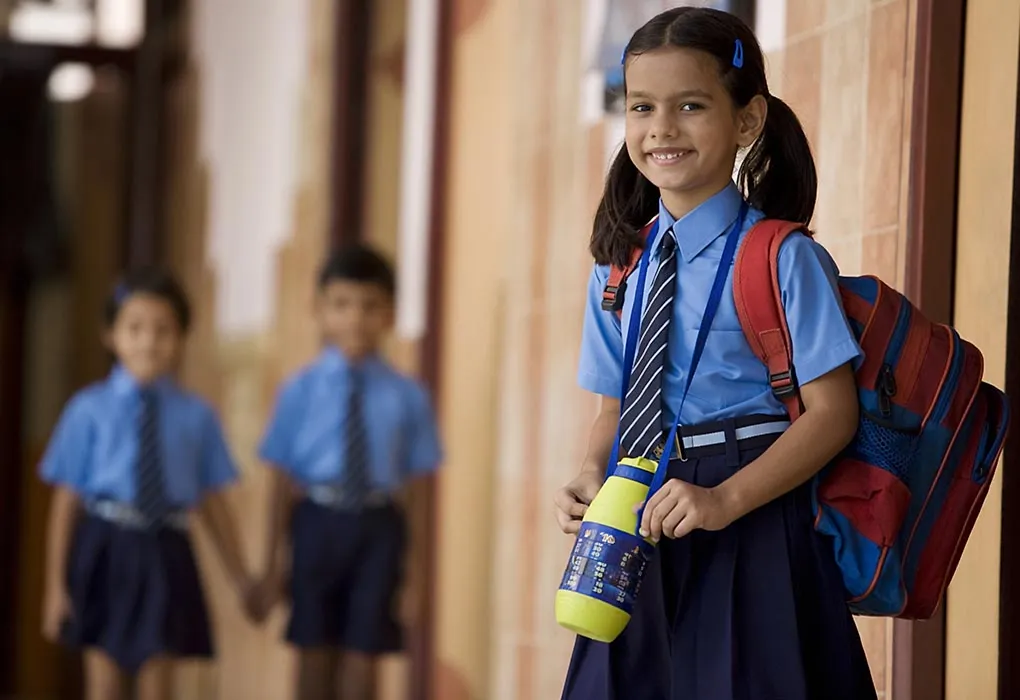If you want to invest in a girl child you can take advantage of many government schemes out there which are responsible for educating the girl child with many benefits. Beti Bachao, Beti Padhao (translates. Keep the girl child, educate the girl child) an Indian Government campaign aimed at raising awareness and improving the efficiency of social services aimed at Indian girls. The program was launched with initial funding of ₹ 100 crores (the US $ 13 million). Directed the collections of Uttar Pradesh, Haryana, Uttarakhand, Punjab, Bihar, and Delhi.
Contents
In the background
According to India’s census data, the average sex ratio of children (0-6 years) in India was 927 girls per 1,000 boys in 2001, which dropped to 918 girls [1] out of every 1,000 boys per year. 2011. it was revealed that the average Indian population in 2011 was 919 women out of 1000 men. The Sex Ratio 2011 shows a declining trend since the 2001 census data. [1]
Speaking during the International Girl Child Day 2014, Prime Minister, Narendra Modi had called for an end to the killings of women and invited proposals from Indian citizens through the MyGov. website. [4]
2015 launch conference
The Beti Bachao, Beti Padhao (BBBP) program was launched on 22 January 2015 by PM Narendra Modi. It aims to address the problem of child pornography (CSR) and is a joint initiative of the Department of Women and Children Development, the Department of Health and Family Welfare, and the Department of Education. Initially, it focused on multi-sector performance in 100 districts across the country where there was a low CSR.
On 26 August 2016, bronze medalist at the 2016 Olympics Sakshi Malik was made a BBBP brand ambassador
The hashtag #SelfieWithDaughter was promoted on social media in June 2015, which started when Sunil Jaglan Sarpanch of Bibipur, Jind in Haryana took a photo of himself and his daughter Nandini and posted it on Facebook on June 9, 2015. The hashtag gained worldwide fame.
Reasons for this program
Sexual abortions or female genital mutilation have led to a dramatic decline in the number of girls born differently from baby boys in some provinces in India. Ultrasound technology-enabled pregnant women and their families to learn fetal sex during pregnancy. Discrimination against girls, for a number of reasons, is associated with technologies that lead to an increase in the number of abortions identified as women during ultrasonic testing.
This practice was first recognized when the 1991 national census results were released, and it was confirmed that it was a growing problem when the 2001 census results were released. The decline in the number of women in certain Indian provinces continues to worsen, as the results of the 2011 national census showed. It has been noted that this trend is particularly prevalent in India’s most prosperous regions. [10] The practice of bribery in India is often criticized; the expectation that daughters should pay a large sum of money to get married is often cited as the root cause of this problem. living standards, as well as modern purchases, are very prevalent in Indian society. [catation needed]
Female feticide rates in Madhya Pradesh are rising; the live birth rate was 932 per 1000 girls in 2001, down to 918 in 2011. It is expected that if the trend continues, by 2021 the number of girls will drop to less than 900 per 1000 boys.
The Department of Women and Children Development will be responsible for managing the budget and managing the program from the Institute. At the State level, the Secretary, the Department of Women and Children Development will be responsible for the overall management and implementation of this program. The DPO at the district level will be the official in charge of implementing the Scheme. The program will be implemented through the ICDS / MSK / DLCW platform at the district, block, and village level in collaboration with the Departments of Health, Education, and Panchayati Raj.
Communication Forum
The YouTube channel on BBBP has been launched so that everyone can access related videos on the issue of declining child pornography rates. Videos are continuously uploaded and shared through this forum to raise awareness and be easily accessible and distributed.
Representation and Media Campaign at Beti Bachao-Beti Padhao
Under this program, a National Campaign to Celebrate the Girl Child and make her education successful has been launched. The campaign aims to ensure that girls are born, raised, and educated without discrimination so that they can become equal citizens of this country with equal rights. A 360 ° media approach is used to create awareness and disseminate information on the issue nationwide.
Multi-sectoral intervention in selected gender regions is worse for CSR
Under this Plan, multi-sector action in 405 selected districts (including 161 existing districts) covering all provinces / UTs will focus on strategic interventions and industry actions in consultation with M / o H&FW and M / o HRD. The measurable outcomes and indicators will include the relevant sectors, States, and regions to take a multi-sectoral emergency initiative to develop CSR.
Monitorable Targets
Enhance Sex Ratio at Birth (SRB) in selected key sex districts by 2 points per year.
Reduce Gender Differences in the Infant Childhood Mortality Rate from 7 points in 2014 (latest available SRS report) to 1.5 points per year
At least a 1.5% annual increase in delivery to institutions.
At least a 1% annual increase in ANC 1st Trimester Registration. v) To increase girls’ enrollment in tertiary education to 82% by 2018-19.
Provide functional girls’ toilets in all schools in selected districts.
Improve girls’ nutrition status – by reducing the number of girls under 5 underweight and anemia.
To ensure the universal use of ICDS, the presence of girls, and equal care, use the ICDS NHM Child Protection Cards.
Promoting an environment that protects girls’ children through the Sexual Offenses Protection of Children (POCSO) Act of 2012.
Train Elected Representatives / Grassroot Staff as Community Champions to encourage communities to develop CSR and promote Girls’ Education.




